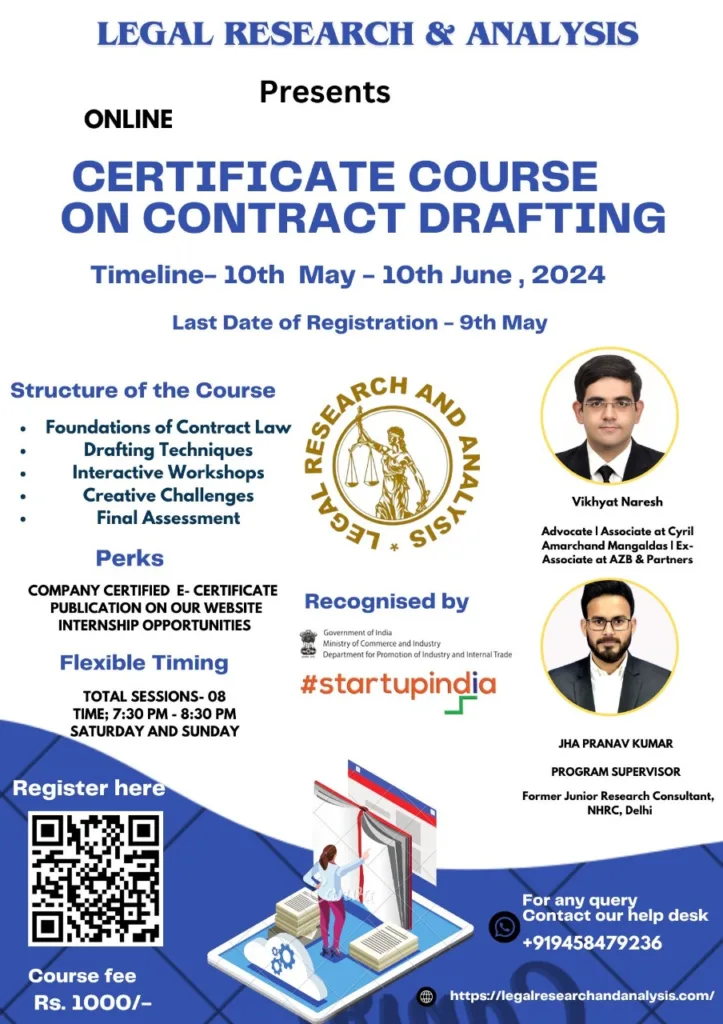
A woman dies every two minutes because of pregnancy or childbirth in 2020: a WHO report says

A WHO report titled Trends in maternal mortality, reveals alarming setbacks for women’s health over recent years, as maternal deaths either increased or stagnated in nearly all regions of the world.
The report estimates that there were 287,000 maternal deaths globally in 2020 — the most recent year these statistics cover. That’s the equivalent of a woman dying every two minutes — or nearly 800 deaths a day.
And it represents only about a 7% reduction since 2016 — when world leaders committed to a so-called “sustainable development goal (SDG)” of slashing maternal mortality rates by more than a third by 2030.
The SDG target for maternal deaths is for a global maternal mortality ratio (MMR) of less than 70 maternal deaths per 100,000 live births by 2030. The global MMR in 2020 was estimated at 223 maternal deaths per 100,000 live births, down from 227 in 2015 and from 339 in 2000. During the Millennium Development Goal era from 2000 to 2015, the global annual rate of reduction was 2.7%, but this fell to negligible levels during the first five years of the SDG era (from 2016 to 2020).
Maternal death is defined as a death due to complications related to pregnancy or childbirth, occurring when a woman is pregnant, or within six weeks of the end of the pregnancy.
And Maternal Mortality Rate (MMR) is defined as the number of women who die per 1000 live births.
As per the report, the impact on women is distributed extremely unequally: Two regions – Australia and New Zealand, and Central and Southern Asia – actually saw significant declines (by 35% and 16% respectively) in their maternal mortality rates. Meanwhile, 70% of maternal deaths are in just one region: sub-Saharan Africa.
Issues outlined
Many of these deaths are due to causes like severe bleeding, high blood pressure and pregnancy-related infections that could be prevented with access to basic health care and family planning. Yet the report also finds that worldwide about a third of women don’t get even half of the recommended eight prenatal check-ups, while some 270 million women lack access to modern family planning methods.
Exercising control over their reproductive health – particularly decisions about if and when to have children – is critical to ensure that women can plan and space childbearing and protect their health. Inequities related to income, education, race or ethnicity further increase risks for marginalized pregnant women, who have the least access to essential maternity care but are most likely to experience underlying health problems in pregnancy.
What needs to be done?
Community-centred primary health care can meet the needs of women, children and adolescents and enable equitable access to critical services such as assisted births and pre-and postnatal care, childhood vaccinations, nutrition and family planning. However, underfunding of primary healthcare systems, a lack of trained healthcare workers and weak supply chains for medical products are threatening progress.
The COVID-19 pandemic may have further held back progress on maternal health. Noting the current data series ends in 2020, more data will be needed to show the true impacts of the pandemic on maternal deaths. However, COVID-19 infections can increase risks during pregnancy, so countries should take action to ensure pregnant women and those planning pregnancies have access to COVID-19 vaccines and effective antenatal care.
At a press conference to unveil the report, world health officials described the findings as “unacceptable” and called for “urgent” investments in family planning and filling a global shortage of an estimated 900,000 midwives.
Reducing maternal mortality remains one of the most pressing global health challenges, Ending preventable maternal deaths and providing universal access to quality maternal health care require sustained national and international efforts and unwavering commitments, particularly for the most vulnerable populations. It is a collective responsibility to ensure that every mother, everywhere, survives childbirth, so that she and her children can thrive.
India’s MMR status
MMR in India decreased from 113 in 2016-18 to 103 in 2017-19, as per a special bulletin by the Registrar General of India on March 14, 2022.
As per the WHO’s this report India has made commendable efforts in the reduction of MMR at the national level. According to WHO, in 2000 MMR in India was 384, in 2005 it became 286, in 2010 it reduced to 179, in 2015 it further went down to 128 and in 2020 it landed at 103. India accounted for a major reduction of 78.5% in its MMR between 2016 and 2020.
The major determinants for high MMR in India are not just economical or medical only but also social. The lower status of women in society is one of the leading factors for having a high MMR. Although India is making continuous progress on its MMR front, whether it is replicating itself in the better condition and status for women in the Indian society, is in itself questionable.







